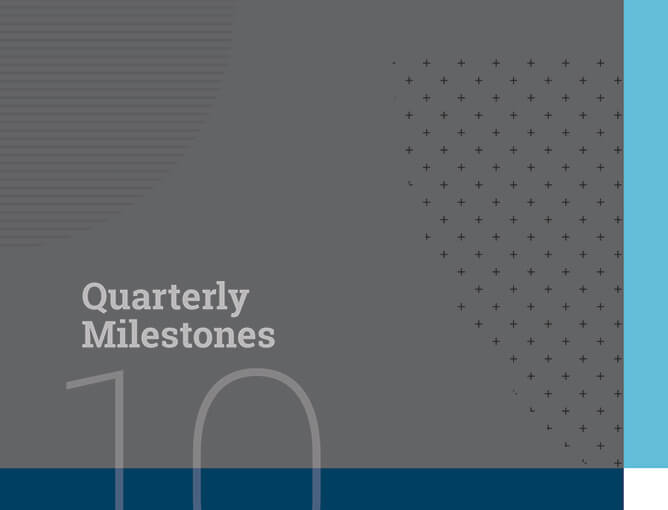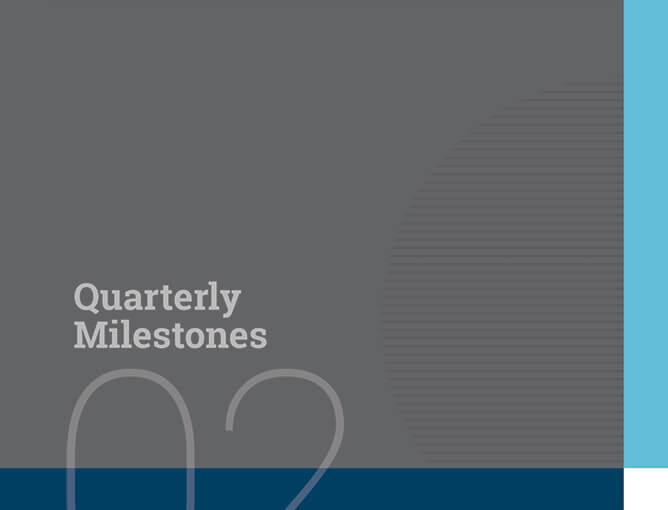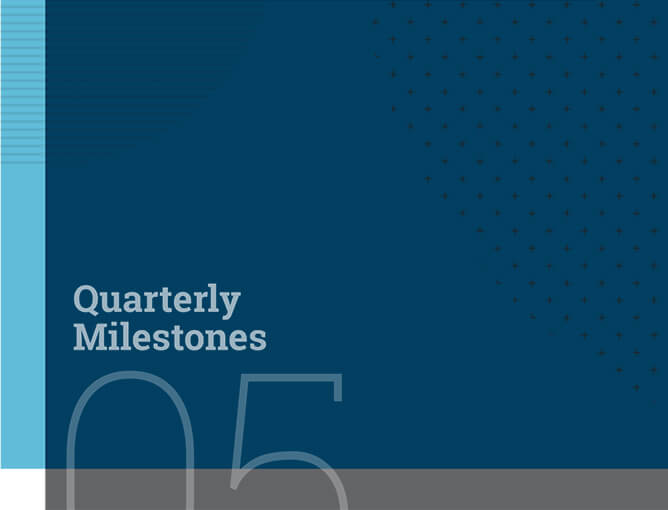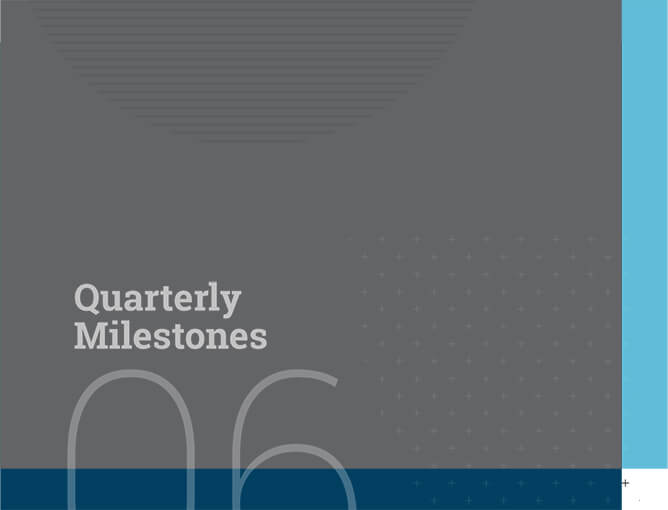
Kirti BalasubramanianPartner

Disha JhaSenior Associate

Bhavik ShuklaAssociate
Key Developments
-
The Bombay High Court holds that statutory licensing of literary and musical works and sound recordings under Indian copyright law does not extend to internet-based offerings
The Division Bench of the Bombay High Court has upheld the order of the Single Judge in Wynk Limited v Tips Industries Limited stating that the provision for statutory license under Section 31D of the Copyright Act, 1957 (Act), relating to broadcasting of literary and musical works and sound recordings, is restricted to traditional non-internet-based radio and television broadcasting, and has no application to any internet-based offering. The Court restrained Wynk (a music streaming service) from exploiting Tips Industries’ copyrights in the sound recordings.
The Court arrived at this decision based on its assessment of the language contained in Section 31D read with Rules 29(3) and 29(4) of the Copyright Rules, 2017 (Rules), which specifically mention broadcast or communication to the public in the context of only radio and television. The Court observed that at the time of the introduction of Section 31D and the Rules, internet services were in existence, but the provision was still limited to the words ‘radio’ and ‘television’, thereby conveying the clear statutory intent that compulsory licenses were not intended to extend to internet-based offerings.
In respect of Wynk’s arguments on the grant of statutory license for the use of Tips Industries’ sound recordings in public interest, the Court observed that Tips is not a charitable organisation and instead has a commercial interest in communicating the sound recordings. Accordingly, the Court held that Wynk cannot invoke public interest in the given circumstances.
-
Parliament enacts the Jan Vishwas (Amendment of Provisions) Act, 2023 decriminalising certain intellectual property offences and establishing a mechanism for adjudication of fines
The Jan Vishwas (Amendment of Provisions) Act, 2023 (JV Act), published in the Official Gazette on 11 August 2023, amends over 42 Central Acts, including certain intellectual property laws pertaining to patents, trademarks, copyrights, and geographical indications. The primary purpose of the amendments is to decriminalise offences and reduce the severity of certain fines, with the objective of easing the conduct of business in India.
In respect of the Indian patent law, the JV Act substitutes the term ‘penalty’ (which does not require any formal judicial process) for ‘fines’ for falsely representing that an article is patented in India, and for failure to supply information in relation to the working of patents. Further, the penalty for providing false information to the government has been revised to 0.5% of the total sales turnover of an entity or a sum equal to INR 50 million, whichever is less, from the previous fine of INR 2.5 million. This change is crucial since it creates a differential rate for payment of penalties, depending on the size of the business. The JV Act introduces a procedure for adjudication of penalties (providing a reasonable opportunity of being heard before an adjudicating officer appointed by the Controller of Patents) and an appellate procedure to appeal the decisions of the Controller of Patents. It also omits the provision in respect of wrongful use of the term ‘Patent Office’.
The JV Act introduces similar provisions in the Indian Trademark law by revising the penalty for falsely representing a trademark as registered to 0.5% of the total sales turnover of an entity or a sum equal to INR 0.5 million, whichever is lesser, from the previous fine of INR 100,000. Further, the JV Act also introduces the procedure for adjudication of penalties and the appellate procedure to appeal the decision of the Registrar of Trade Marks. Notably, the JV Act omits certain provisions relating to (i) improperly describing a place of business to be connected with the Trade Marks Office; and (ii) falsification of entries in the Trade Marks Register.
In the Copyright Act, 1957, the JV Act omits the provision relating to the penalty for making false statements for the purpose of deceiving or influencing any authority or officer.
-
Parliament enacts the Biodiversity Amendment Act, 2023 strengthening the provisions for access to biological resources
The Biological Diversity (Amendment) Act, 2023, published in the Official Gazette on 3 August 2023, aims to strengthen the regime for access to biological resources in India.
The amendments require non-Indian entities to seek approvals from the National Biodiversity Authority (NBA) for accessing biological resources in India, and also expand the definition of such non-Indian entities to include entities which are controlled by foreigners. Specifically, prior approval from the NBA will be required before non-Indian entities can obtain intellectual property protection over products derived from biological resources in India.
As for the Indian entities, the amendments require them to intimate the State Biodiversity Board (SBB) prior to accessing biological resources. Moreover, the amendments prohibit the results of research to be transferred to non-Indian persons or entities, without the express permission of the NBA. While prior intimation for access to biological resources by Indian citizens or entities to the SBB was already included in the Biodiversity Act, 2002, such access is now subject to the SBB’s regulation of activities.
Most importantly, the amendments introduce a new penalty regime which decriminalises offences under the Biological Diversity Act, 2002, and mandate the appointment of an adjudicating officer to determine penalties for contraventions.
-
Delhi High Court holds that the Patents Act prevails over the Competition Act in cases involving the enforcement of patentee’s right
Recently, a Division Bench of the Delhi High Court heard appeals and a writ petition on the exercise of the Competition Commission of India’s (CCI) right to inquire into the actions of a patentee in respect of grant of a license for standard essential patents (SEP). It held that the Indian Patents Act, 1970 (Patents Act) is a special statute, which is a complete code in itself, giving the Controller the power to take action against all issues concerning the imposition of unreasonable licensing conditions or abuse of status as a patentee. On the other hand, the Competition Act, 2002 (Competition Act) is a general legislation in relation to anti-competitive agreements and abuse of dominant position.
The Court, while considering whether the terms of licensing of SEPs by the patentees could be reviewed by the CCI, observed that in such cases (i) the subject matter in question; (ii) the nature of the statutes; and (iii) whether the scheme and relevant provisions of the statutes contain any indication as to which should prevail, must be considered.
Based on a review of the provisions of both statutes, which tend to sometimes overlap, the Court observed that the present case was concerned with the terms of licensing of a patent by a patentee, which is specifically legislated by the Patents Act. Accordingly, the Court held that the Patents Act would prevail over the Competition Act in respect of disputes related to patents.
This past quarter witnessed some significant legislative developments in respect of intellectual property laws. These changes are poised to significantly improve the ease of doing business in India, especially for knowledge-heavy businesses. The upcoming quarter will bring more focus to Indian patent law as the Draft Patent (Amendment) Rules, 2023 are considered by the government in light of industry and stakeholder feedback. These rules aim to streamline and reduce the time for the grant of patents in India and are also being watched keenly by the global business fraternity.












